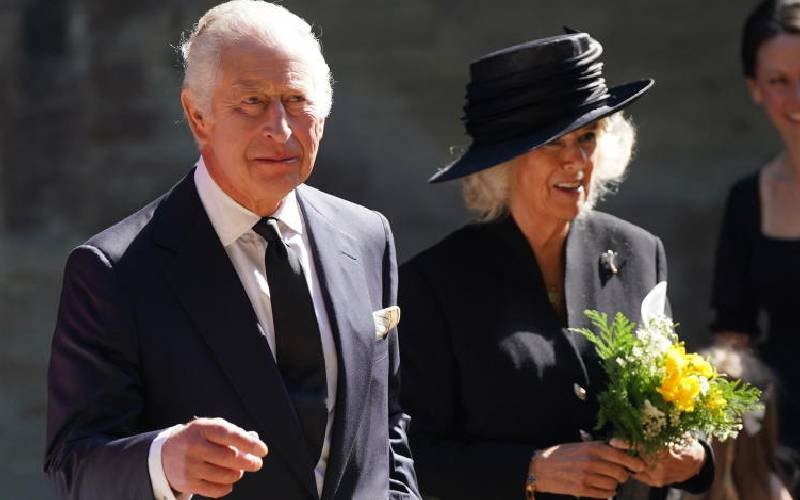King Charles first visit as a monarch to a commonwealth country starts in Kenya from October 31 to November 3, 2023. The visit is replete with historical significance as it will come barely days to the country marking 60 years of independence, on December 12, from Britain’s colonial rule.
It is expected that King Charles will acknowledge the “painful aspects” of Britain’s past actions in Kenya during that visit.
The two countries have enjoyed a close relationship in recent years despite the violent colonial legacy of an uprising in the early 1950s, which led to a period known as “the emergency”, which ran from 1952 until 1960.
The Mau Mau armed movement was fuelled by the resentment some members of the Kikuyu tribe felt towards their British rulers and European settlers who farmed land in Kenya, as well as at a lack of political representation. White farmers were targeted in violent attacks as were some Kikuyu who were said to have collaborated with the authorities.
The Kenya Human Rights Commission said 90,000 people were executed, tortured or maimed during the British administration’s counterinsurgency operation. The UK government made a historic statement of regret in 2013 over the “torture and other forms of ill-treatment” perpetrated by the colonial administration during the emergency period and paid reparations of £19.9m to about 5,200 people.
The king’s deputy private secretary, Chris Fitzgerald, said: “The king and queen’s programme will celebrate the close links between the British and Kenyan people in areas such as the creative arts, technology, enterprise, education and innovation.
“The visit will also acknowledge the more painful aspects of the UK and Kenya’s shared history, including the emergency … His Majesty will take time during the visit to deepen his understanding of the wrongs suffered in this period by the people of Kenya.”
The development came after a legal battle between a number of elderly victims and the UK government.
Charles signalled his support in April for research into the British monarchy’s historical links with transatlantic slavery after the emergence of a document showing a predecessor’s stake in a slave-trading company.
The Guardian published a previously unseen document showing the 1689 transfer of £1,000 of shares in the slave-trading Royal African Company to King William III, from Edward Colston, the company’s deputy governor.
Buckingham Palace did not comment on the document but said it supported a research project, co-sponsored by Historic Royal Palaces (HRP), which manages several palaces, into the monarchy’s involvement in the slave trade.
In June 2022, the then prince of Wales expressed his “personal sorrow” about “slavery’s enduring impact” at the opening of the Commonwealth heads of government meeting in Kigali, Rwanda.
He said: “To unlock the power of our common future, we must also acknowledge the wrongs which have shaped our past. Many of those wrongs belong to an earlier age with different, and in some ways lesser, values.”
Prince William expressed similar sentiments in March 2022 during an address to Jamaica’s prime minister and other dignitaries that stopped short of the apology activists had demanded.
He said: “Slavery was abhorrent and it never should have happened. I strongly agree with my father, the Prince of Wales, who said in Barbados last year that the appalling atrocity of slavery forever stains our history.”
The king’s mother, Queen Elizabeth, also had strong attachment to Kenya as it is alleged she was on holiday in Kenya when her father king George died and she was declared queen emeritus.
